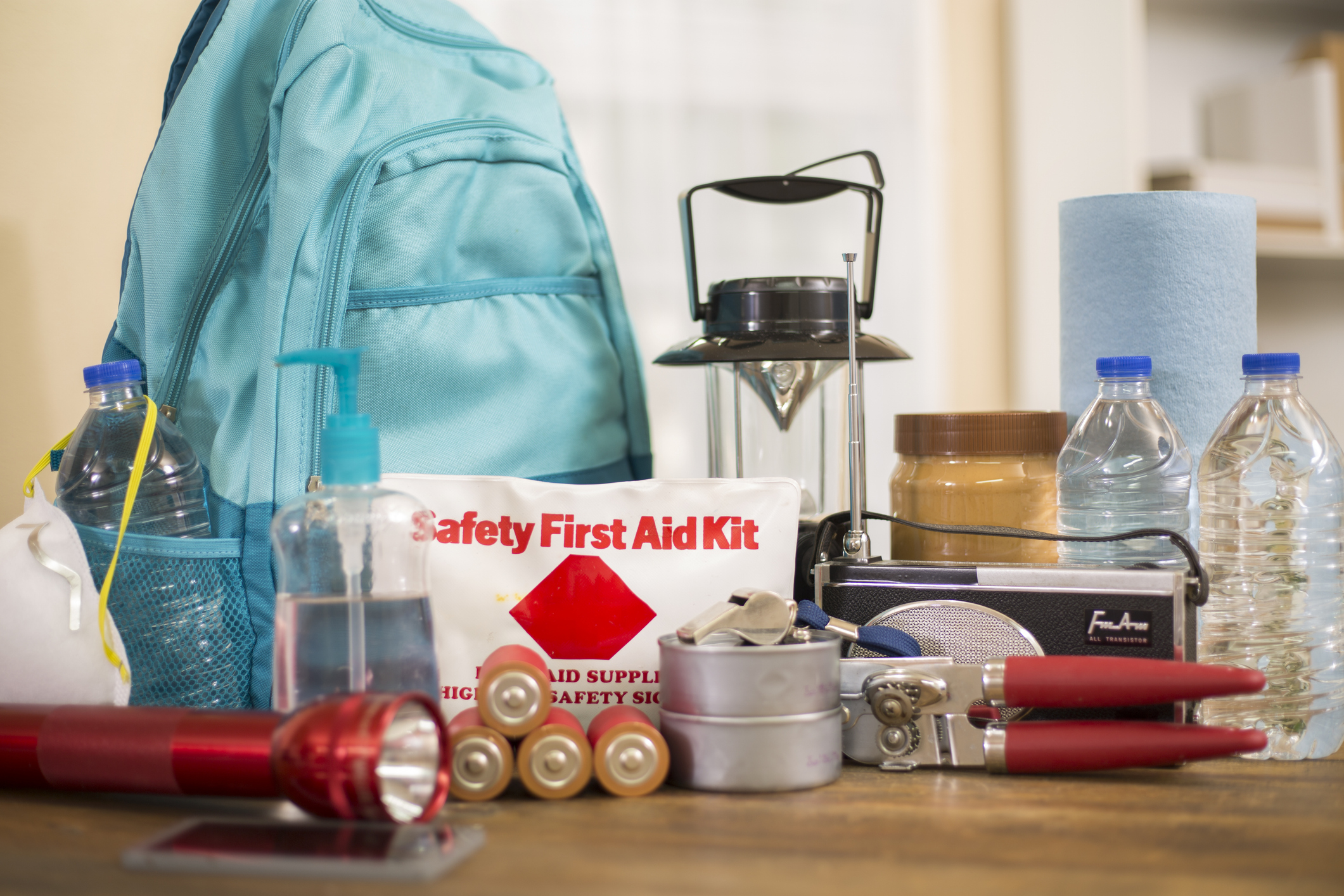Visit the Ontario Government's Emergency Preparedness website to learn more about specific types of emergencies and how to be prepared.
The following are major risks for Norfolk County:
Prepare for emergencies now to reduce risk in the future and ensure you and your family can meet your basic needs for at least 72 hours.

Learn how to prepare for emergencies by making an emergency plan and kit.
Step 1: Learn about emergencies
Visit the Ontario Government's Emergency Preparedness website to learn more about specific types of emergencies and how to be prepared.
The following are major risks for Norfolk County:
In an emergency, your household may not be together, or you may be asked to evacuate your home. Consider the needs of all members of your household, including children, people with disabilities, seniors (older adults) and pets.
Thinking about what you would do in different situations and making a plan with every member of your household is the first step to being prepared.
Step 3: Build an emergency preparedness kit
Your emergency kit should have everything you and your household would need to be safe and take care of yourselves for at least three days immediately following an emergency.
Stay tuned to Norfolk's news channels
During an emergency, Norfolk County will provide an information phone number for residents to call.
Know what to do if an ‘Evacuation' or ‘Shelter-in-Place' is issued.
Authorities will only ask you to leave your home if they believe you are in danger.
If an evacuation alert is issued, there is a possibility you will be required to leave your home. In the case of an alert:
If you are instructed to evacuate, make sure to take:
Protect your home
If you have time:
If you are driving:
Sheltering is necessary when seeking protection in your home, workplace, or another location due to a threat to personal safety. Always listen for updates and follow instructions from officials.
Situations that may require sheltering in place include:
If the emergency involves an environmental hazard:
Contact Us
ServiceNorfolk
50 Colborne Street South
Simcoe, Ontario
N3Y 4H3
Phone: 519-426-5870 or 226-NORFOLK, extension 0
This website uses cookies to enhance usability and provide you with a more personal experience. By using this website, you agree to our use of cookies as explained in our Privacy Policy.

Find and View

Apply or Register